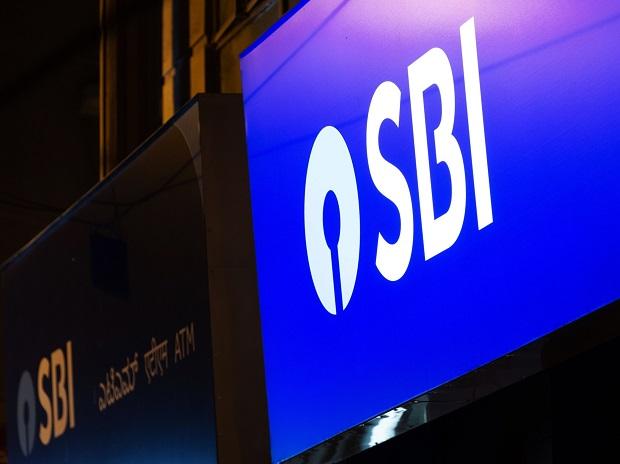SBI seeks to raise Rs 10,000 cr in tier-I bonds, wary about spike in yields
State Bank of India (SBI), the country’s largest lender, is looking to raise up to Rs 10,000 crore capital via additional Tier 1 (AT1) notes next week. However, the recent surge in returns in the past two weeks has made it a drag on the costs of holding onto higher returns.
Debt market sources said that the AT1 bond raise, initially scheduled for July 13, has a dual purpose – to support business growth and to replace the instruments (bonds) that are maturing. The bank will make a decision on the actual issuance of bonds based on the level of yield in the market, which has intensified in the past two weeks.
The yield on India’s benchmark 10-year government bond closed at 7.15-16 percent at the end of the week (July 07) from 7.07 percent two weeks ago (June 23), according to data from the Indian Clearing Corporation (CCIL) and Care Ratings.
SBI executives said that out of the total Rs 50,000 crore bond issuance plan for FY24, Rs 20,000 crore will be an AT1 bond offering including this week’s proposed offering. It also has plans to issue tier two bonds of Rs 10,000 crore and the balance will be through infrastructure bonds in 2023-24. The Board of Directors approved the bond-raising plan for this year. The rating agency Crisil has assigned a rating of “AA+” to Tier 1 bonds (under Basel III regulations).
According to data from JM Financial Services Group, banks raised a total of Rs. 6,635 crore through Tier 2 and Infrastructure Bonds in the first quarter. There was no additional Tier 1 bond issuance in April-June 2023. In FY23, banks raised on a gross basis 1.13 trillion rupees via bonds. Of which AT 1 issue was for Rs.34,394 crore, Tier 2 bonds at Rs.59,686 crore and Infrastructure bonds – Rs.19,900 crore. The SBI issued AT1 bonds worth Rs. 15,133 crore in FY23.
According to Crisil, SBI (Independent) had sufficient capitalization as indicated by Tier 1 of 12.1 percent and overall capital adequacy ratios of 14.7 percent as on March 31, 2023. However, due to its broad scope of operations, SBI Group will need To implement to maintain adequate reserves to support growth and meet capital requirements in accordance with Basel III guidelines.
It has the flexibility to raise additional capital by selling shares in its subsidiaries. Also, the Government of India (GoI) held 56.92 percent of the Bank’s stake on March 31, 2023, which provided flexibility to the Bank to raise capital by diluting the GoI stake.
